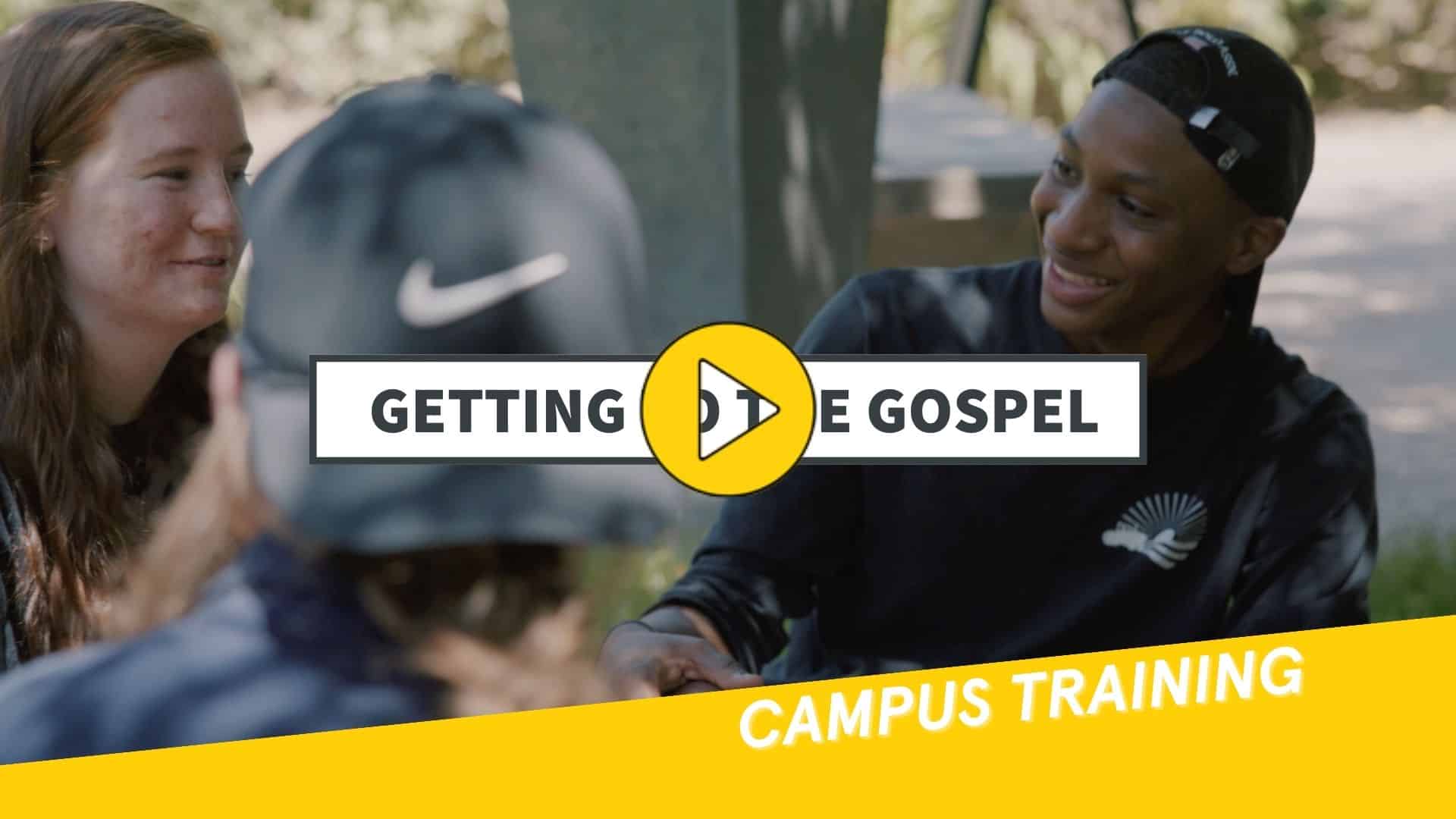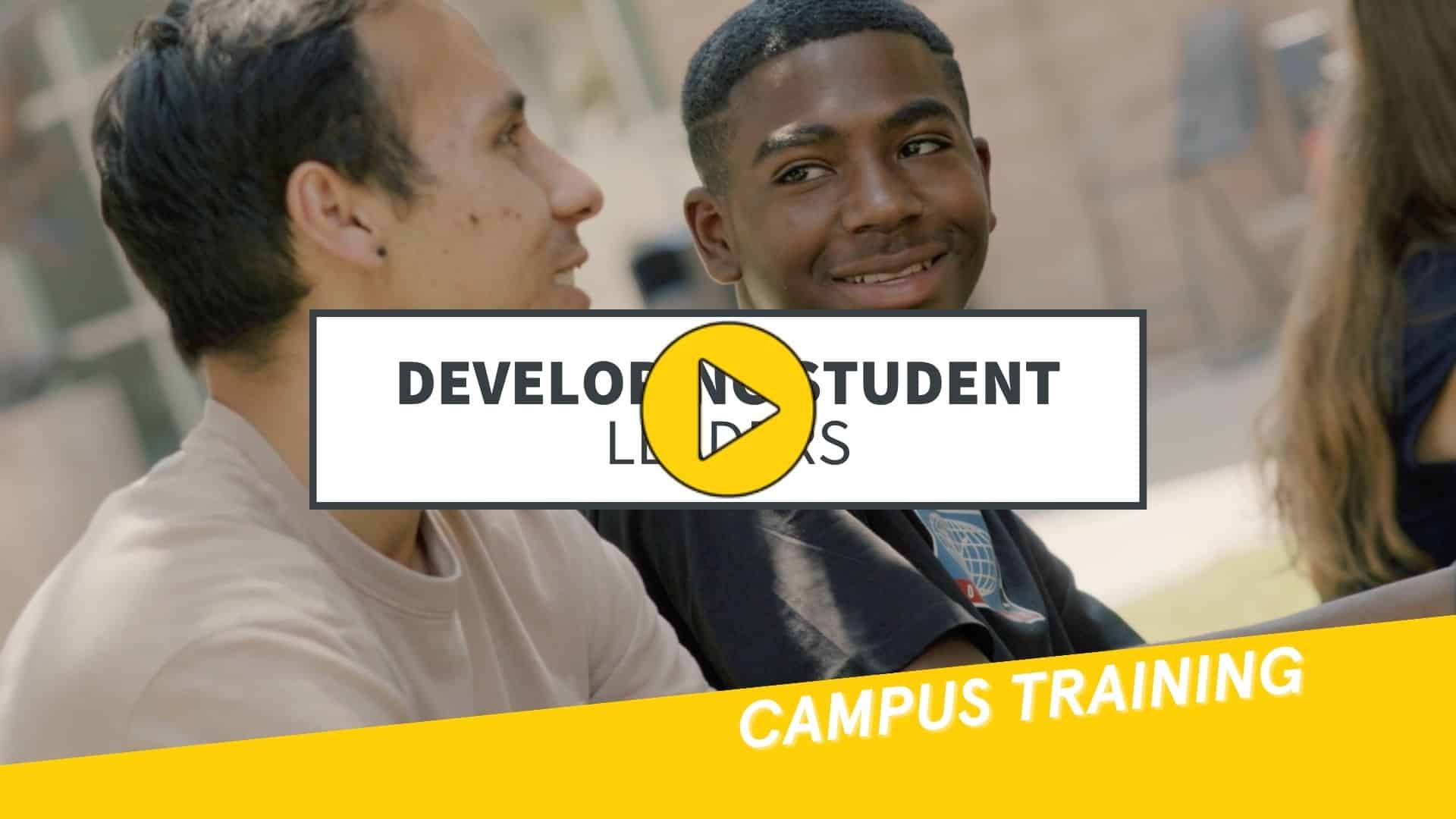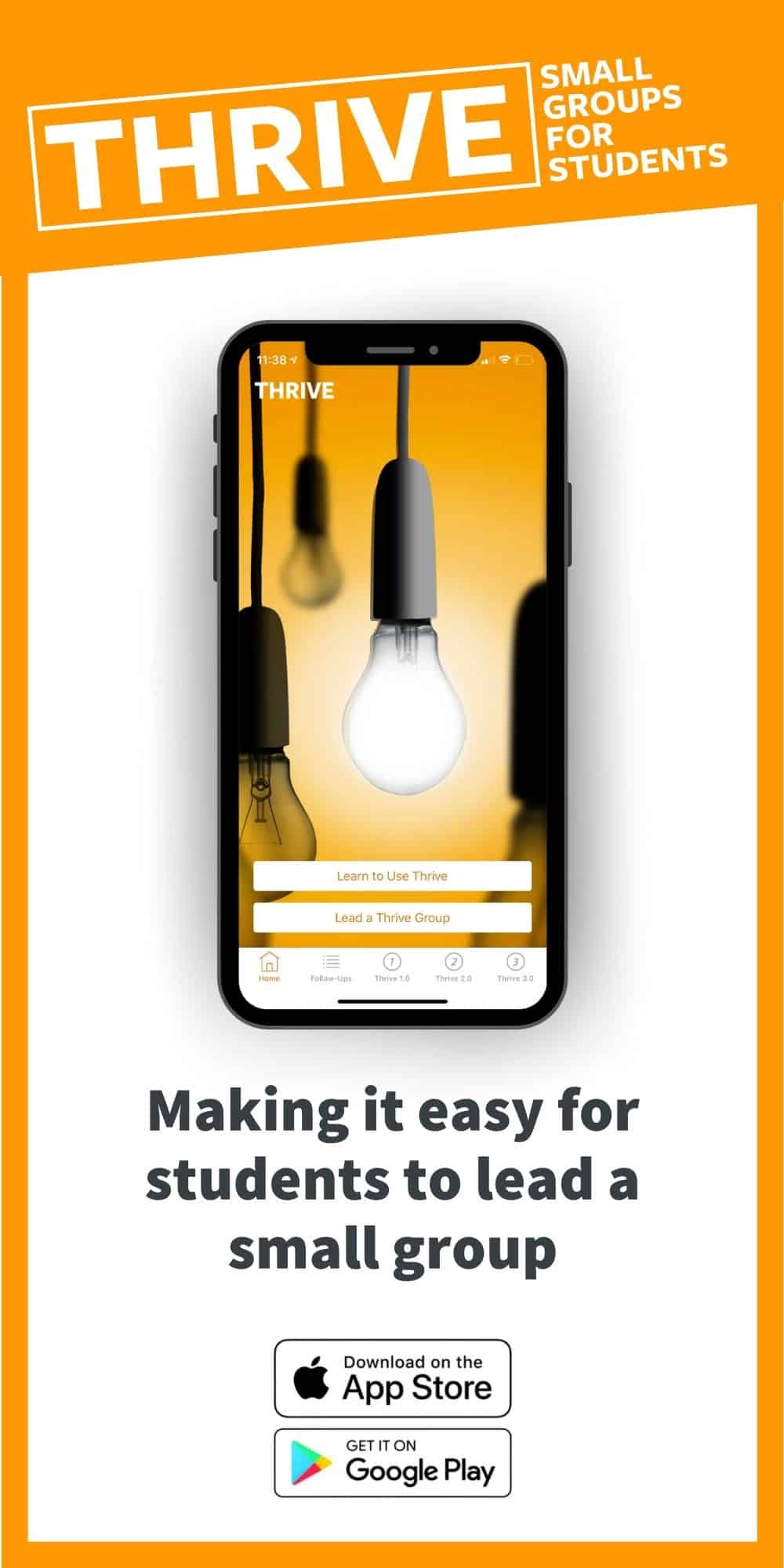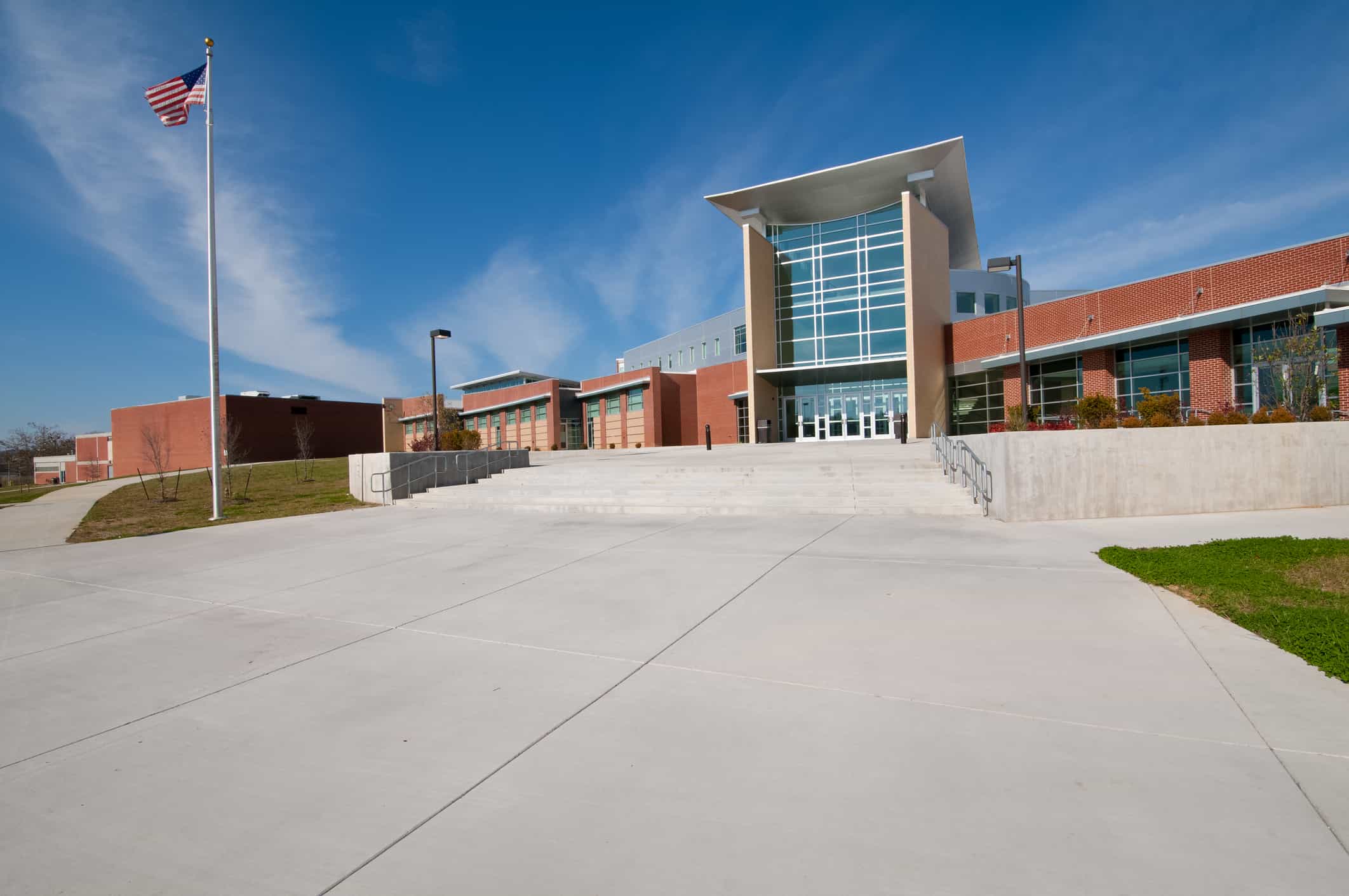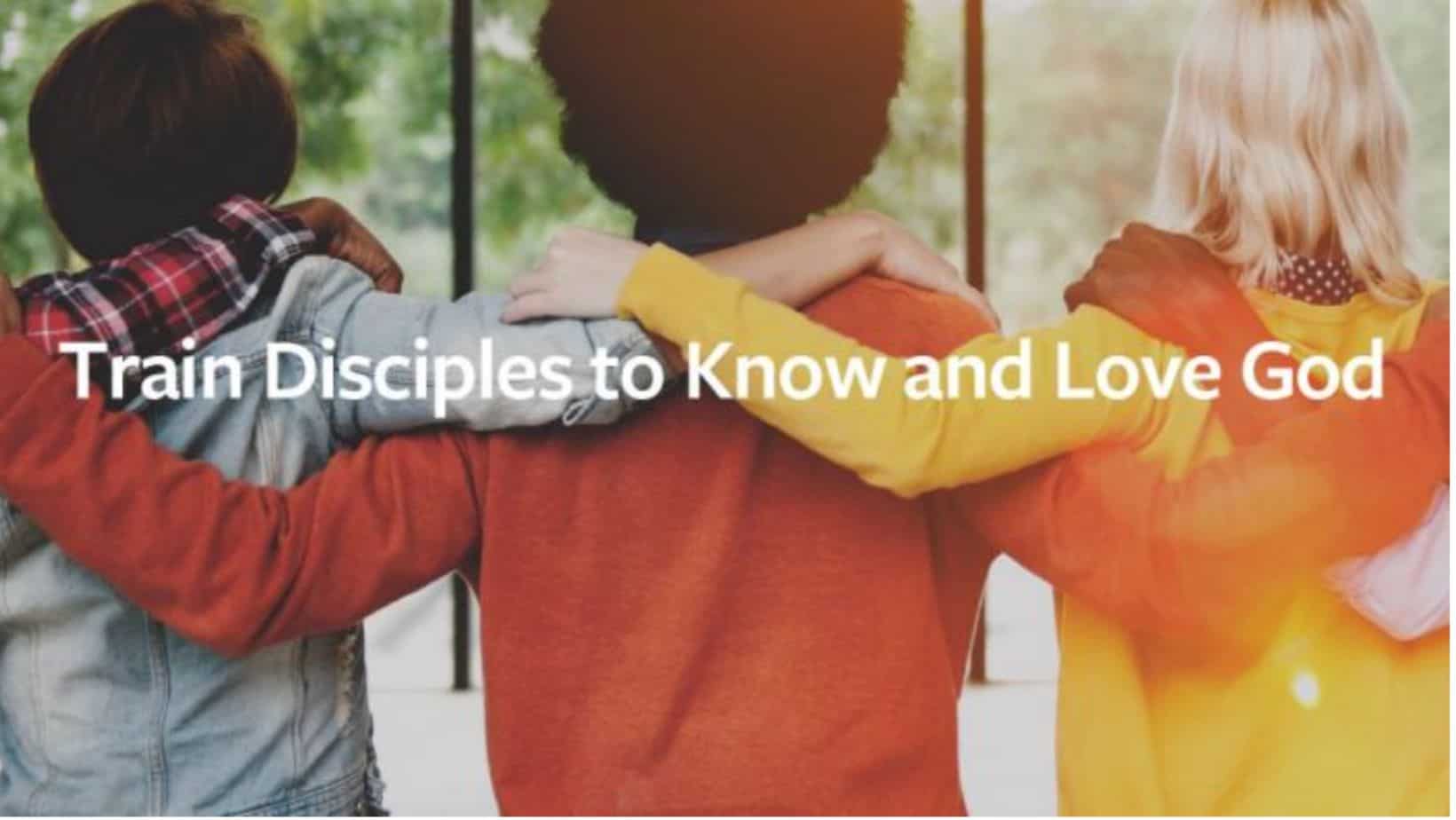If you are an adult wanting to help students grow, thank you. There has never been a more important time for adults to step into the lives of teenagers to walk with them, guide them, and help them process the things going on in their lives. Research says that most teenagers do not believe someone cares for them or believes in them. Students need adults to come alongside them, care for them, and listen to them.
Even so, relationships between students and adults can be tricky to navigate in today’s culture. So we have come up with five tips to help you, as an adult, have great conversations and relationships with teenagers to help them win in life.
1
Be Humble
Many adults are smarter and wiser than most teens. And they make it clear in the way they communicate. If the student feels like they are on the wrong end of a ‘one-up-one-down’ conversation, they may not want to listen or understand what you are saying. As an adult talking to a minor, examine your words and actions to make sure you are not relating to teens as if you are smarter and wiser. Most teenagers do not enter into a conversation with an adult because they are looking for an expert on life. In fact, your ability to listen and ask good questions will help better understand the person you are talking to, which will lead to a win-win conversation.
You might be asking, what do we mean by safe space? Here is an example to help answer this question. Picture yourself at a retreat and after one of the main meetings you asked one of the teens from your group if they would be ok telling you their story. They said sure, but wanted to share it away from the crowd of people. You suggest moving to the lobby area where there are some couches. When you move to the lobby area the teen opts for a couch that is kind of around the corner and kind of under a flight of stairs. At this point, some warning lights should start to go off in your brain. While this seems like a good spot for a private conversation, this is not a safe space for an adult and a minor to meet.
Our world is broken in many ways and the trust that our society used to give adults has been betrayed many times. Knowing this, we will choose a safe space so students and adults can see that we are trustworthy. There are many adults who can be trusted and your commitment to connect in a safe space will prove to others that you can be trusted also.
Here are some good guidelines to determine what is a safe space. First, ask, “Is this a public space?” and “Are you visible to others?” If you are in a public space, but the only way to see you is to walk into the same area you are, like the space under a staircase or a secluded set of chairs in a library, then it is not a safe space. Second, be sure another trusted adult knows where you are meeting and has the freedom to ask you how it went after the meeting. It would be especially good if that other trusted adult and other students could actually see you. Public spaces where others can see are always better than private, out-of-the-way locations.
As you get to know a teen, you will learn about some of the other adults who care for them. We hope and pray there are many adults in a teen’s life who care for them, beginning with their parents. We believe that God has His eyes on teenagers and He knows the fear, pain, and confusion they face and will be sending people like you to guide them. Some of the teens you will meet will have several caring adults in their life like parents, teachers, coaches, and pastors. Others will have almost no caring adults involved in their life.
This is important to keep in mind as you talk to teens because God often works through many others to reach teens. Consider this truth from 1 Corinthians 3:6-9 (NIV), where the Apostle Paul describes how he fit into the work God was doing.
“I planted the seed, Apollos watered it, but God has been making it grow. So neither the one who plants nor the one who waters is anything, but only God, who makes things grow. The one who plants and the one who waters have one purpose, and they will each be rewarded according to their own labor. For we are co-workers in God’s service; you are God’s field, God’s building.”
So, if you find out in a conversation that good seeds of God’s truth have been planted by their parents or some other caring adult, do your best to water those seeds. If you find out God led you to talk to a teen because seeds need to be planted, rejoice for the work God gives us and pray for those who will be sent to water those seeds.
It is also important for us to affirm the other good adults in a student’s life. Sometimes parents make decisions that kids do not like, but they do it out of love and care. Our words are powerful and it is good to think about how we are honoring them with our words. We might not agree with the choices the parents make (ie. not letting a student come to our event), but how we talk about others to students or in the presence of students is important. We need to be about encouraging positive relationships with adults, not discouraging the ones with whom we do not agree.
Teenagers are often overlooked at a time when they have to navigate a very confusing and difficult world.
At a time when they have to navigate a very confusing and difficult world, many teens are feeling overlooked. In 2006, the National Promises Study revealed that 55% of adolescents do not have caring adults in their homes, schools, and communities. And in 2014, a report titled The Mentoring Effect showed that 13.5 million young Americans are without caring adults in their lives who have the ability to help them through critical moments when they most need guidance and support.
Very few adults are connecting with young people to support them and help them develop. So, as you talk to teens listen for clues that help you better understand how many, if any, caring adults are involved in their life and seek to show them you care. Let’s be the caring adults that fill the gap for that student.
This one actually puts us all to the test because it calls for unconditional love. And when we meet a teen who badly wants to exercise their will to choose and their choices are not good, how will we let them know they are loved and accepted? Following are a few ways that might help you at that moment:
Trust Grace
Consider all the moments Jesus was in a conversation with a sinner. He could have brought a long list of sins and bad choices up but He didn’t. Just imagine the list of sins He could have talked to Zaccheus (Luke 19) about. Instead, He spent time with Zaccheus. Give teens the gift of love and acceptance even if you do not feel they deserve it.
Let God Love Them Through You
The truth is, God is love (1 John 4:16). If you find yourself telling God you do not know how to love someone unconditionally, you just might hear God reply and say, “I know, so let me love them through you.” If this is something on which you want to go deeper, check out this article on letting God live His life in and through you in the Spirit filled life.
Trust the Gospel
Your life was changed by God and that change affected everything. That same power can give you the power to love and transform the lives of the teenagers in your life. You can have faith in the gospel and love teens where they are today.
Colossians 1:6 (NLT)
This same Good News that came to you is going out all over the world. It is bearing fruit everywhere by changing lives, just as it changed your lives from the day you first heard and understood the truth about God’s wonderful grace.
As you step out in faith to listen and talk to teens, we want to encourage you to start with an emphasis on listening. As you focus on listening and asking good questions, you might find this helps you express love and acceptance. When you consider how teens may battle feelings of being overlooked, the experience of having someone give all their attention to you is incredibly life-giving.
God has given us some amazing opportunities to be there for students, encourage them, listen to them, and help them make wise choices. Thank you for investing in the students in your life.
Next Step
Next time you connect with a student, focus on asking questions and listening. Our Preparing Yourself for Spiritual Conversations article can give you some starter questions and practical tips.
Preparing Yourself for Spiritual Conversations


